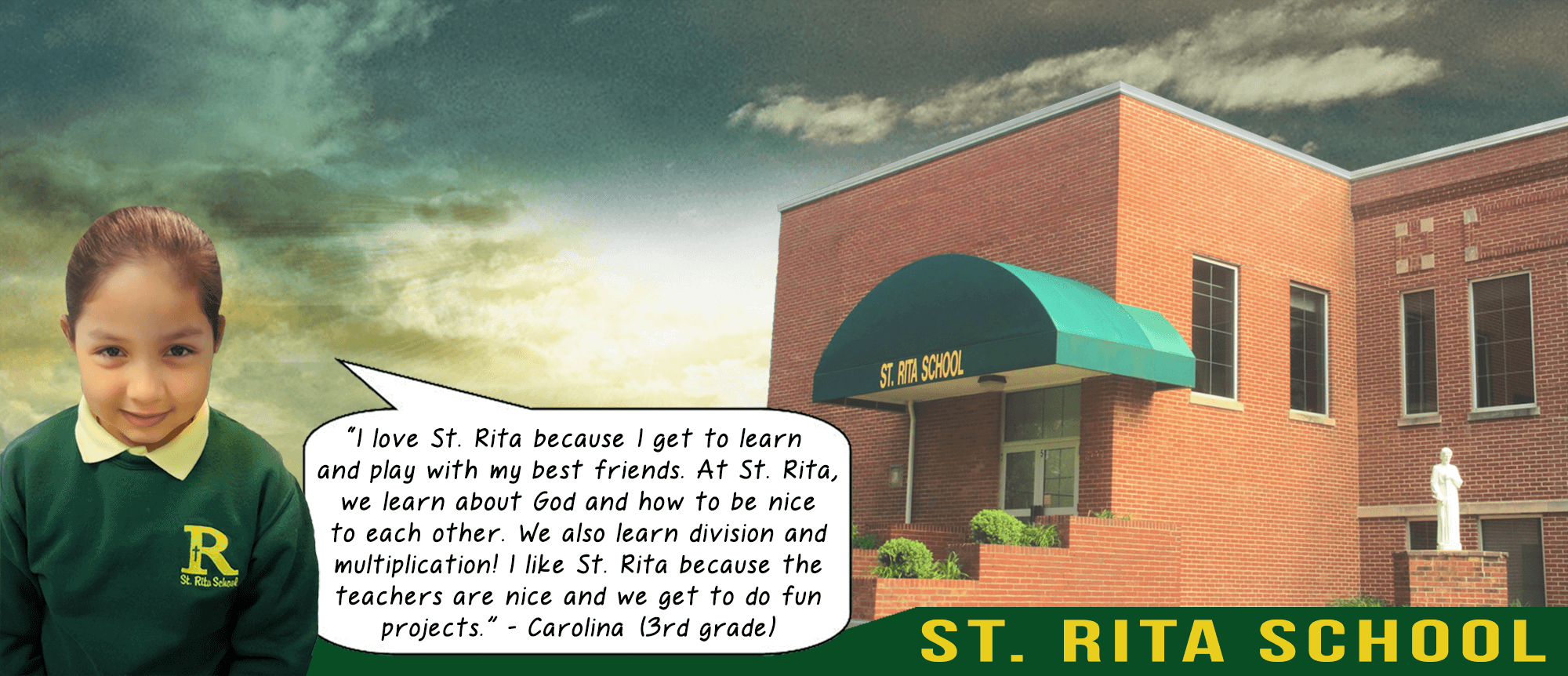Educational Support
Counseling
The primary objective of the comprehensive school counseling program is to assist all students in acquiring the greatest benefit from their own unique educational experiences. Each child has inherent worth and should be helped to develop his/her own potential.
The primary emphasis of the counseling program centers on developmental activities geared and structured for all students. The program will be preventative in nature. Appropriate services will also be provided to help students overcome problems that impede the educational process.
The counseling program will focus on these main concepts: self-awareness, relationships, interpersonal safety, chemical use and/or abuse, and decision making.
The counselor will work with individuals, small groups, teachers, and parents in dealing with issues that concern the welfare of the child and have not been addressed through preventative activities.
The counselor is not a disciplinarian, although the counselor should be a consultant on disciplinary cases trying to seek causes for behavior and to find ways to promote the appropriate behavior.
The counselor is not a school based therapist. The counselor works with all children and is concerned with their developmental needs. The counselor helps to identify students with exceptional needs and seeks, with parent approval, to initiate referral.
Resource Coordinator
The Resource Coordinator is responsible for overseeing programs that provide the educational assistance children with learning, behavioral, and/or attention difficulties need.
It is the responsibility of the Resource Coordinator to formally respond to the needs of individual students who are identified with a specific diagnoses or who have specific learning issues that are a concern to the parents, administrators, teachers, or the students themselves.
The Resource Coordinator will work collaboratively with the parents, staff, and students to provide the educational support needed for classroom success. This will include conducting assessments, meeting with students, staff, and family, co-teaching, working one-on-one with students, and monitoring all strategy and 504 Plans.
Primary Literacy Specialist
The primary goal of the literacy specialist is to improve reading achievement in grades K – 2. This involves working cooperatively and collaboratively with other professionals to build and implement reading programs designed to meet the literacy needs of a diverse population of learners.
The primary literacy specialist will take part in analyzing student literacy data in collaboration with primary teachers and the principal in order to make informed decisions about professional development needs.
Using this gathered data, the primary literacy specialist will also assist teachers in designing and implementing effective reading instruction, create intentional work plans in order to increase student achievement, and provide continuing support and coaching in the design and implementation of rigorous, engaging lessons aligned with the English Language Arts standards.
The primary literacy specialist will also oversee the acquisition of school literacy materials.

